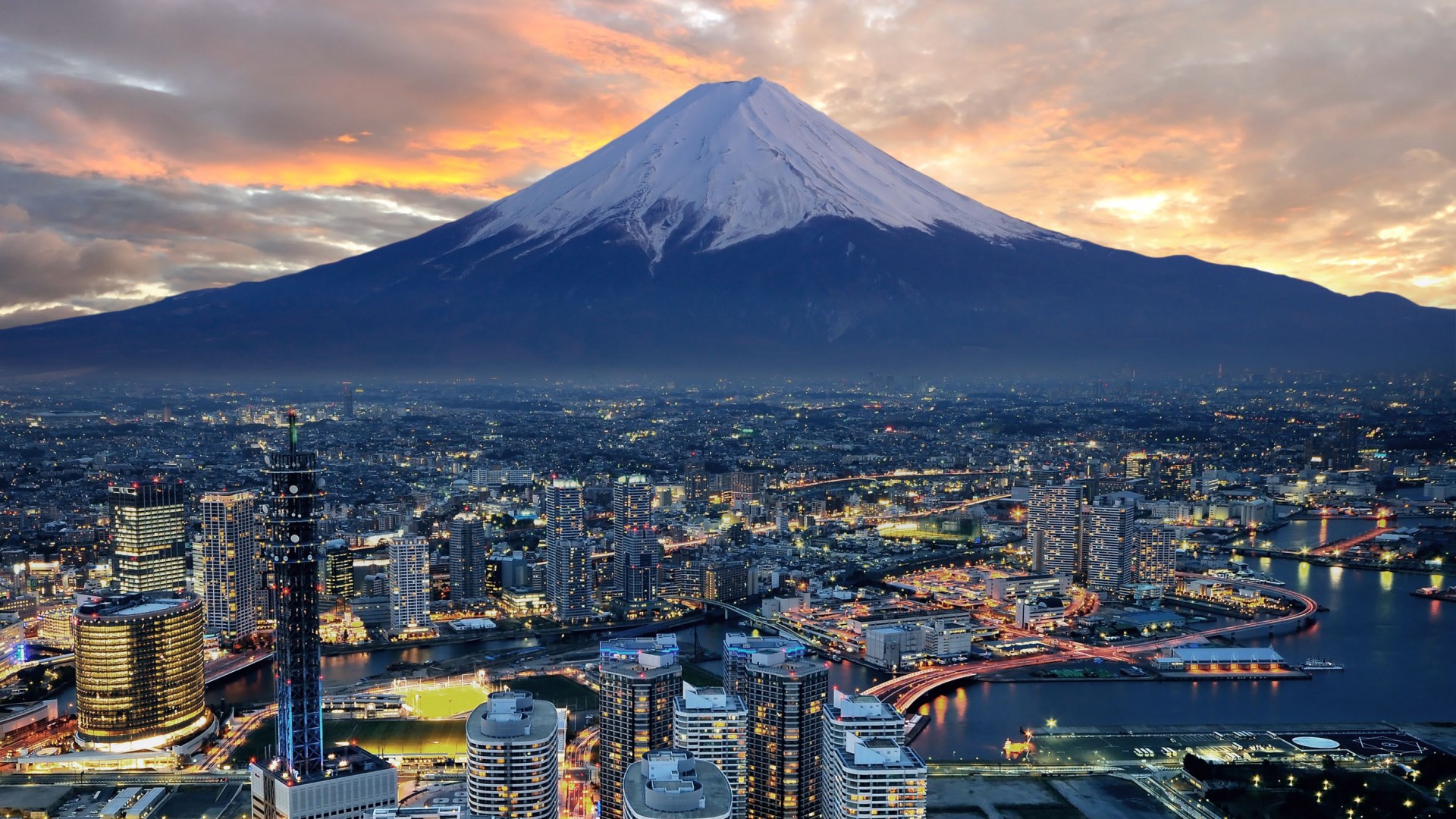Ban lifted on “nikkei”
In what could be a significant change in policy affecting “nikkei” migrant workers from Brazil, the government Tuesday lifted a ban on the return of Japanese-Brazilians who received financial help in 2009 to fly home when they were thrown out of work during the global financial crisis. Accepting the deal also meant they couldn’t come back to Japan at least for the next three years under the same legal status. This was seen as an outrageous move by the government to get rid of foreign workers..(Japantimes)
I did not know that Japanese government helped the Japanese-Brazilian workers in Japan with this deal. I had lived in Brazil for two years because of my dad’s job..I was 2 years old so I hardly remember anything! But there are many Japanese people live in Brazil and they are Nikkei.
(Wikipedia) In 1990, the japanese government authorized the legal entry of Japanese and their descendants until the third generation in Japan. At that time, Japan was receiving a large number of illegal immigrants from Pakistan, Bangladesh, China, and Thailand. The legislation of 1990 was intended to select immigrants who entered Japan, giving a clear preference for Japanese descendants from South America, especially Brazil. These people were lured to Japan to work in areas that that Japanese refused (the so-called “three K”: Kitsui, Kitanai and Kiken-Hard, dirty and dangerous). Many Japanese Brazilians began to immigrate. The influx of Japanese descendants from Brazil to Japan was and continues to be large. By 1998, there were 222,217 Brazilians in Japan, making up 81% of all Latin Americans there. Because of their Japanese ancestry, the Japanese government believed that Brazilians would be more easily integrated into Japanese society. In fact, this easy integration did not happen, since Japanese Brazilians and their children born in Japan are treated as foreigners by native Japanese. Even people who were born in Japan and immigrated at an early age to Brazil and then returned to japan are treated as foreigners. Despite the fact that most Brazilians in Japan look Japanese and have a recent Japanese background, they do not “act Japanese” and have a Brazilian identity. In April 2009, due to the financial crisis, the Japanese government introduced a new programme that would incentivise Brazilian and other Latin American immigrants to return home with a stipend of $3000 for airfare and $2000 for each dependent. Those who participate must agree not to pursue employment in Japan in the future.





